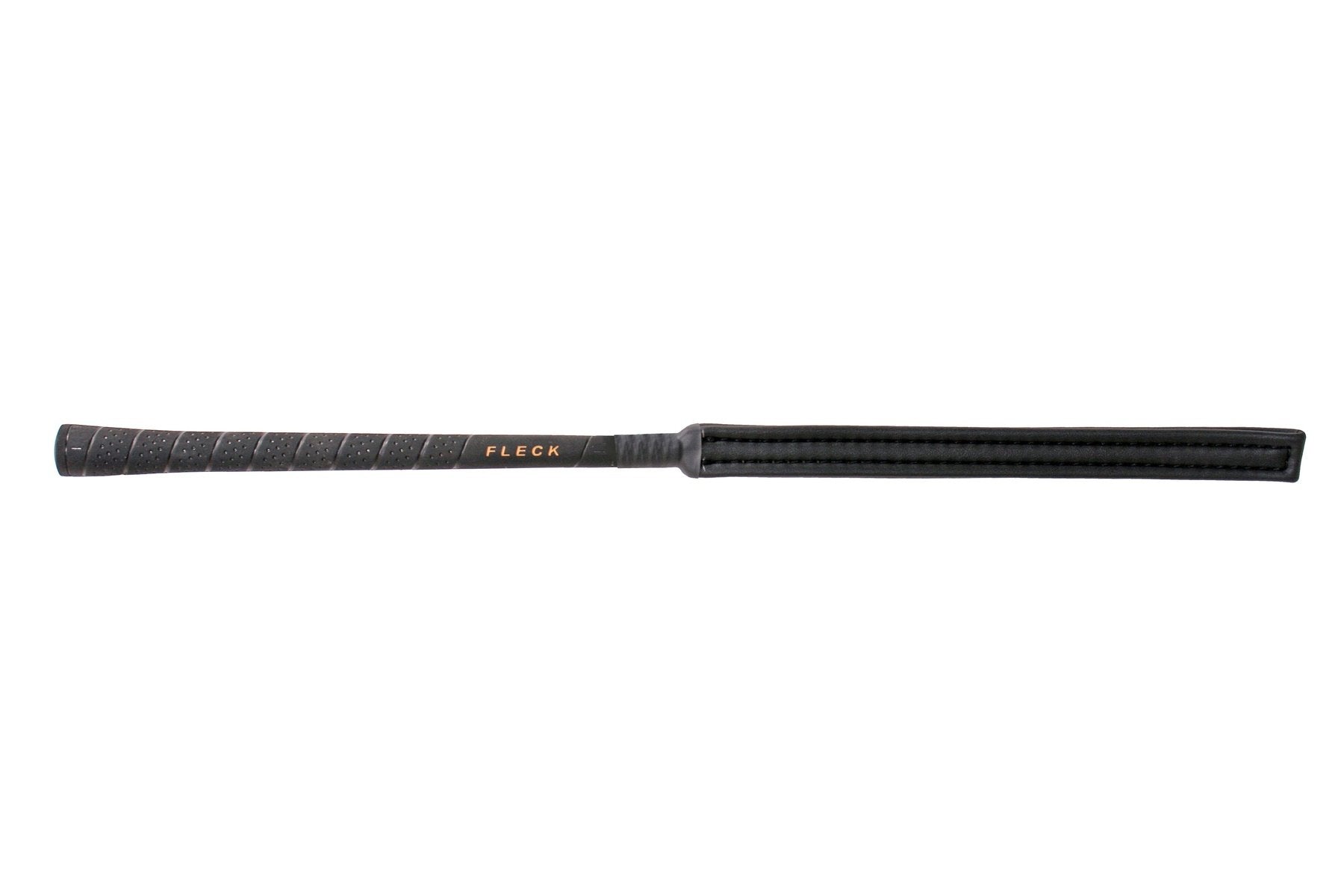Fleck Event Bad Padded Grip
- Regular price
-
$155.00 - Regular price
-
- Sale price
-
$155.00
Estimated Shipping Widget will be displayed here!
Couldn't load pickup availability
We use the best materials, manufacturing precision and well-matched design along with colour combinations in the production of FLECK jumping bats to produce attractive and unique one-of a kind items that meet the highest demands in equestrian sport.
Event bat, COMPETITION grip, soft cushion flap
Colour: Black
Shipping Info
Shipping & Pickup Information
Flat Rate Shipping via Post Haste (Excludes Feed):
- North Island: $10 (1-2 working days)
- South Island: $20 (2-3 working days)
- Rural Surcharge: +$6 (extra time may apply)
Feed Shipping per bag via Post Haste:
- Central North Island: $14 Per Bag
- Upper North Island: $18 Per Bag
- Lower North Island: $28 Per Bag
- South Island: $55 Per Bag
- Rural Surcharge: +$6 (extra time may apply)
Orders placed before 1 PM are usually shipped the same day.
Click & Collect:
- Free 24/7 pickup via our after-hours collection box.
- Instructions will be emailed when your order is ready.
Returns & Exchanges
No problem! We offer 30-day returns and exchanges on all items in new, resalable condition with the original packaging. See our full policy.
FAQ
All your questions, answered.

The thermoneutral zone is the temperature range where the body can maintain its core temperature with little to no extra energy expenditure. For humans, this range is quite narrow at 21–28 °C, but for horses it’s much broader at 5–25 °C.
This difference means we should avoid rugging horses based on how cold we feel. Over-rugging can lead to serious health issues, including metabolic problems and thermoregulatory dysfunction.
Tips for Choosing a Winter Rug Weight
-
Clipped horses may need a heavier gram fill to stay comfortable.
-
Remember: horses warm themselves more easily than they cool down under a rug. If unsure, choose a lighter rug.
-
Check your horse regularly to make sure they are neither too hot nor too cold.
-
Consider your horse’s age and natural ability to stay warm.
-
As a general guide, rugging is usually appropriate when temperatures drop below 5–10 °C, but always adjust for your horse’s individual needs.
-
Always ensure rugs are waterproof. A wet rug is worse than no rug at all.
This is an indicative guide only. Always take into account factors such as wind chill, your horse’s age, weight, and condition.



